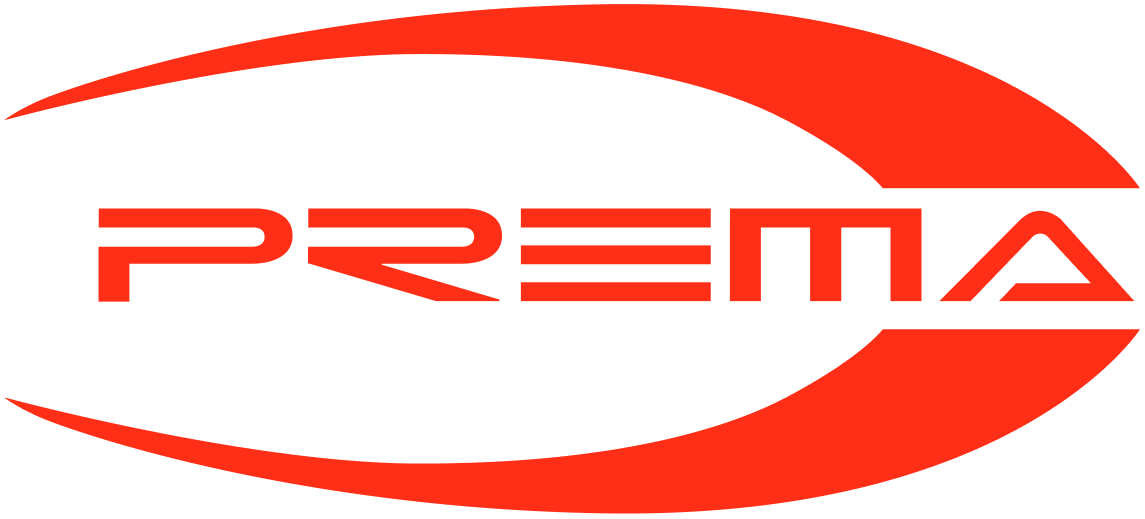
A rotary vane compressor is a volumetric rotary compressor, consisting of a rotor that rotates in a stator. The rotor has longitudinal slots, each of which contains a sliding vane. When the rotor turns, centrifugal force holds the blades against the internal wall of the stator, which ensures that air is perfectly sealed.
As air is drawn in to the pump, the volume within the vanes is increased. When the maximum volume is reached, the vanes seal off the air intake. The reverse occurs during compression, when the volume decreases progressively and vanes are uncovered as air leaves the pump.
A screw compressor is another type of volumetric rotary compressor that consists of two parallel rotors with external screw profiles. The rotors are fitted in a stator made from two cylinders which intersect longitudinally and in which they turn with the minimum clearance. During rotation, the screw profiles open up across a vent through which air is drawn in, separated between the two screws, and then trapped against the stator wall. On the opposite side, the screw profiles rotate against each other, compressing the air and delivering it through an uncovered outlet port.
The main difference between rotary vane and screw compressors is each compressor’s rotary me
chanism. The basic components of each compressor are the same, such as oil coolant, separators, and pressure regulating valves. Another difference is in each manufacturer’s design of the compressor based on technical, economic, and aesthetic decisions.
Energy consumption is one of the most important features of any air compressor. Energy in this case means air, and one of the great sources of energy losses in a compressor are air leakages (lost air means lost energy). During the compression cycle, the air warms, and must be cooled to continue gas compression. The more efficient the air-cooling the lower the power required.
In screw compressors, the air seal is extremely sensitive to the accuracy of the rotors, which must perfectly seal along the contact line. This accuracy can vary between the same model of screw compressors, whose rotors can vary in precision. Mattei rotary vane compressors, however, boast the same quality of performance between various models, and since vanes always seal among the rotors, there is no air or additional energy lost.
Mechanical energy is also lost due to friction and power transmission, which increases with rotational speed. Screw compressors must run at high speeds (3000 rpm) to reduce air leakage while rotary vane compressors can run at lower speeds (1000 rpm) without encountering the same issues. Screw compressors are also fitted with gears or belt transmissions to boost speed, which can cause an additional energy loss of five percent.
Rotary vane compressors do not lose performance quality over time. The rounded edges and abundant oil lubrication (to minimize air warming) prevent direct contact with the internal surface of the stator. The resultant wear on the vanes is negligible.
In screw compressors, the dual rotors can cause a lot of friction, which can cause high enough pressure to break the film of lubricating oil. This can mean unavoidable metal grinding and significant wear.
The design of vane compressors also contributes to their longevity and quiet operation. In a vane compressor, the rotor shaft is supported by white metal bearings. In a screw compressor, the rotor shaft is supported by roller bearings, since the rotors have to operate at high speed and with minimal clearance between the rotors, housing and endplates.
If there is contact between any of these, the compressor will seize, a scenario avoided in vane compressors due to their smaller diameter, which allows them to follow the cylinder profile and never jam. Seizing compressors also amount to significant repair costs, which is not the case with vane compressors, making them more inexpensive to operate.
Mattei rotary vane compressors are the result of 50 years of design experience. Quality is ensured in Mattei compressors and accessories through the use of the best possible materialssuch as spheroidal cast iron rotors and cast iron vanes and stators. The required power for a given unit of delivered air is among the lowest possible in any modern screw or vane compressor, due to continuous improvements on the rotor/stator unit.
Mattei rotary vane compressors also feature effective oil cooling, which is imperative to the design of an air compressor, both for high performance and safe operation. By keeping the oil temperature low (usually under 55°C), the lubricating properties remain unchanged for extended periods. This enhances the longevity of the compressor and reduces the need for maintenance or repairs, resulting in the highest possible performance at much lower cost.
You can find out much more on the difference between rotary vane compressors and screw compressors in Mattei’s free eBook, “Long Term Energy and Financial Advantages of Vane Compressors.” The eBook contains detailed information about metal forming, repair costs, and many additional efficiencies and performance factors.

Mattei offers a wide range of vane compressor models that perfectly meet the specific needs of the transport industry.

The reliability of Mattei compressors, the high quality standards of the delivered compressed air and the compliance with the industry regulations, make them ideal to be used in the healthcare and pharmaceutical industry.

Reduced operating costs, environmental sustainability and extreme purity of the air supplied make Mattei compressors suitable for all processes in the food industry.
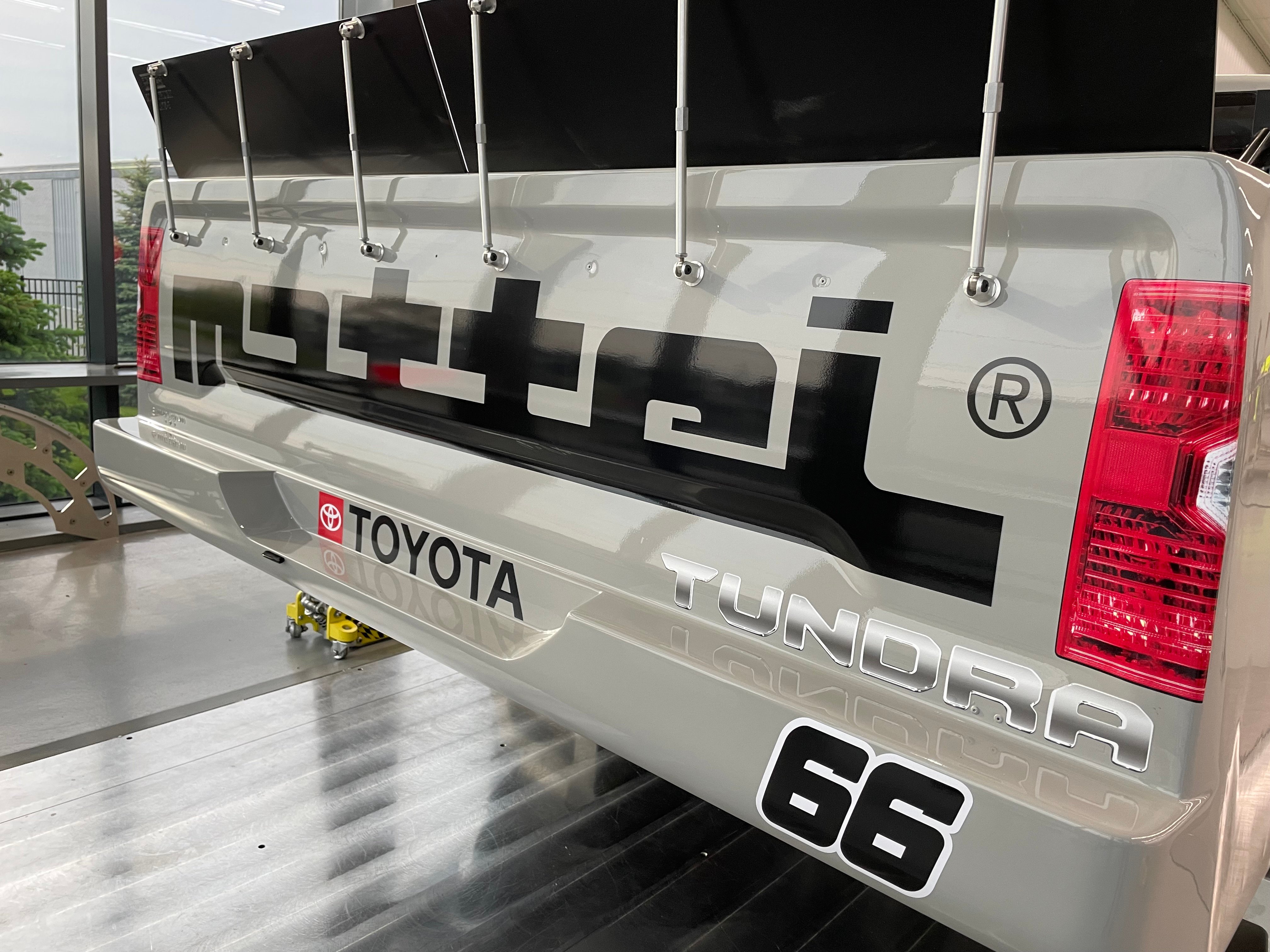
Good luck ThorSport Racing. Waiting to watch the racing!
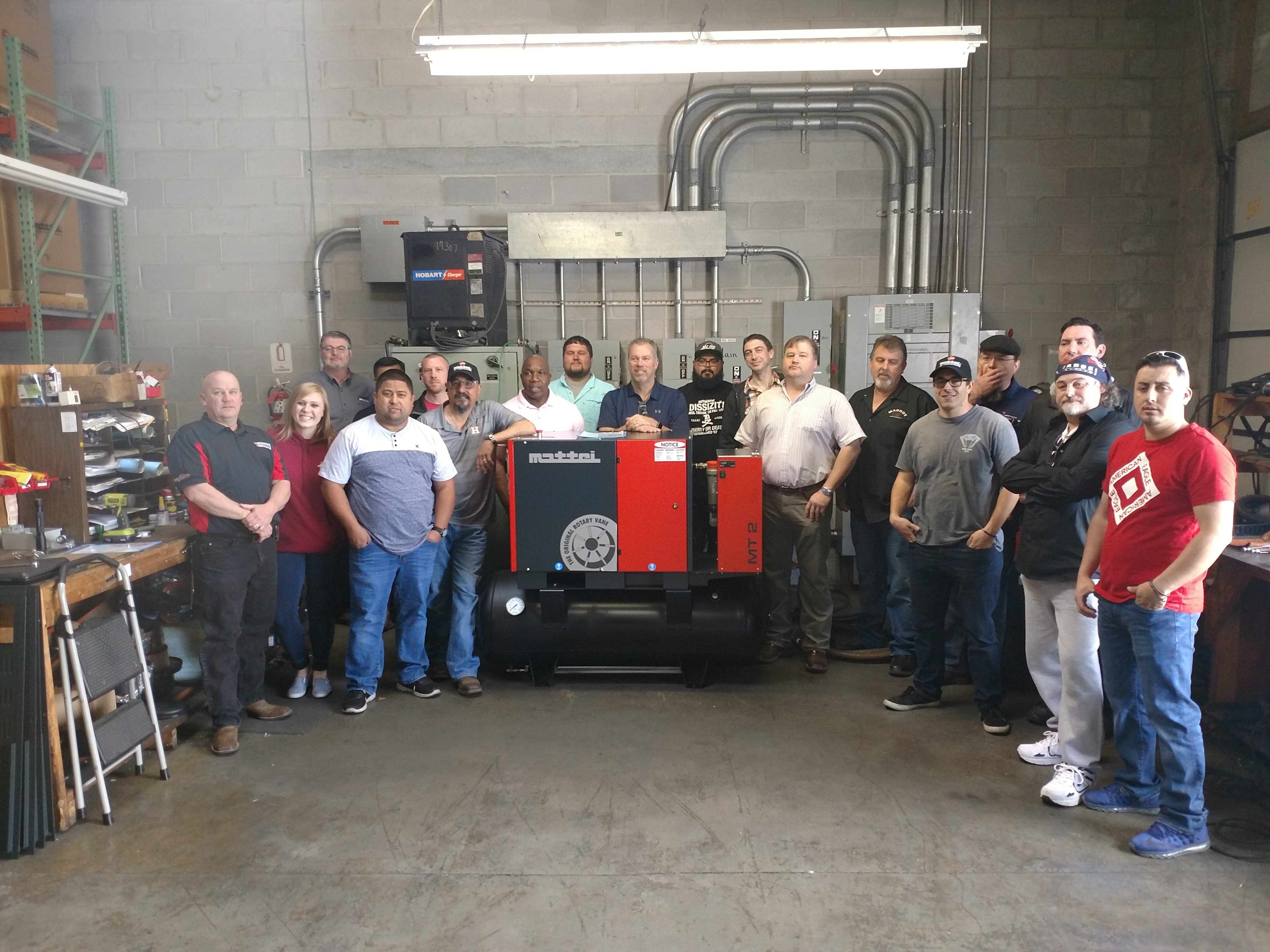
We recently held our Spring 2018 Service School for distributors. The school graduated 17 participants from both the sales and service sides.

Today, Mattei Compressors, Inc., announced the recipients of its 2017 Distributor Awards. These distributors went above and beyond to provide high-quality service to Mattei customers over the past year.
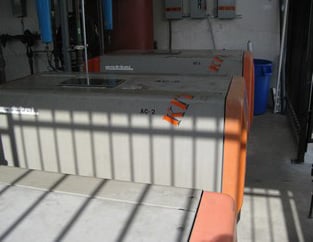
Helix Medical, LLC is widely regarded as a premier supplier of biocompatible silicone medical devices and components to the medical device, pharmaceutical and biotech industries.
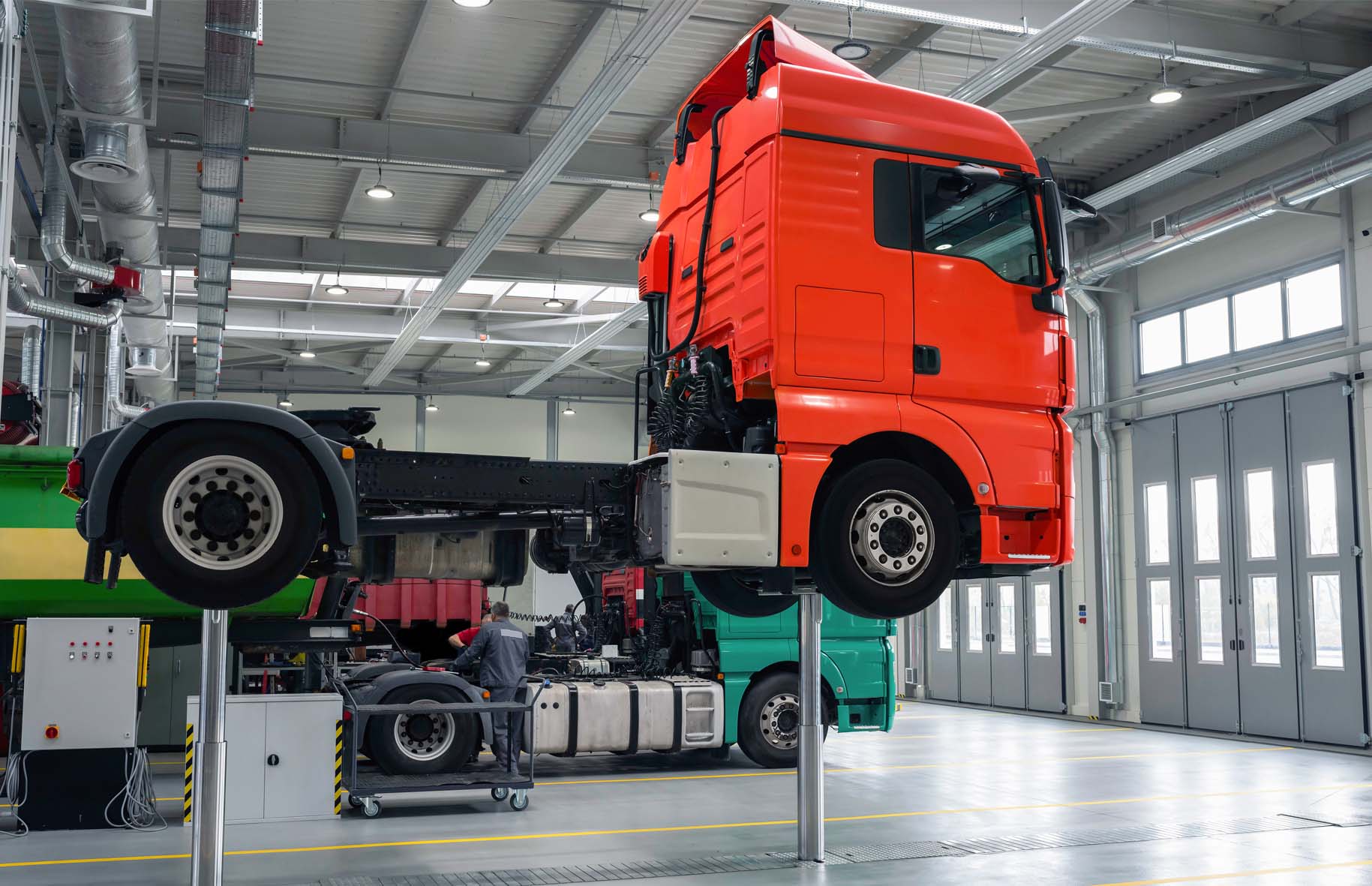
John Baker Sales, a Mattei distributor located in Colorado, worked very closely with Transwest to ascertain the company’s needs prior to making a product recommendation.

